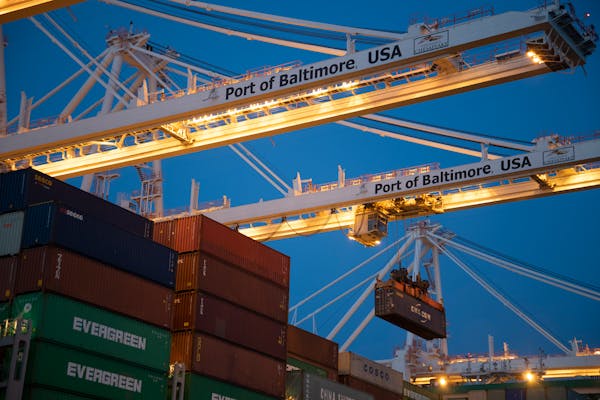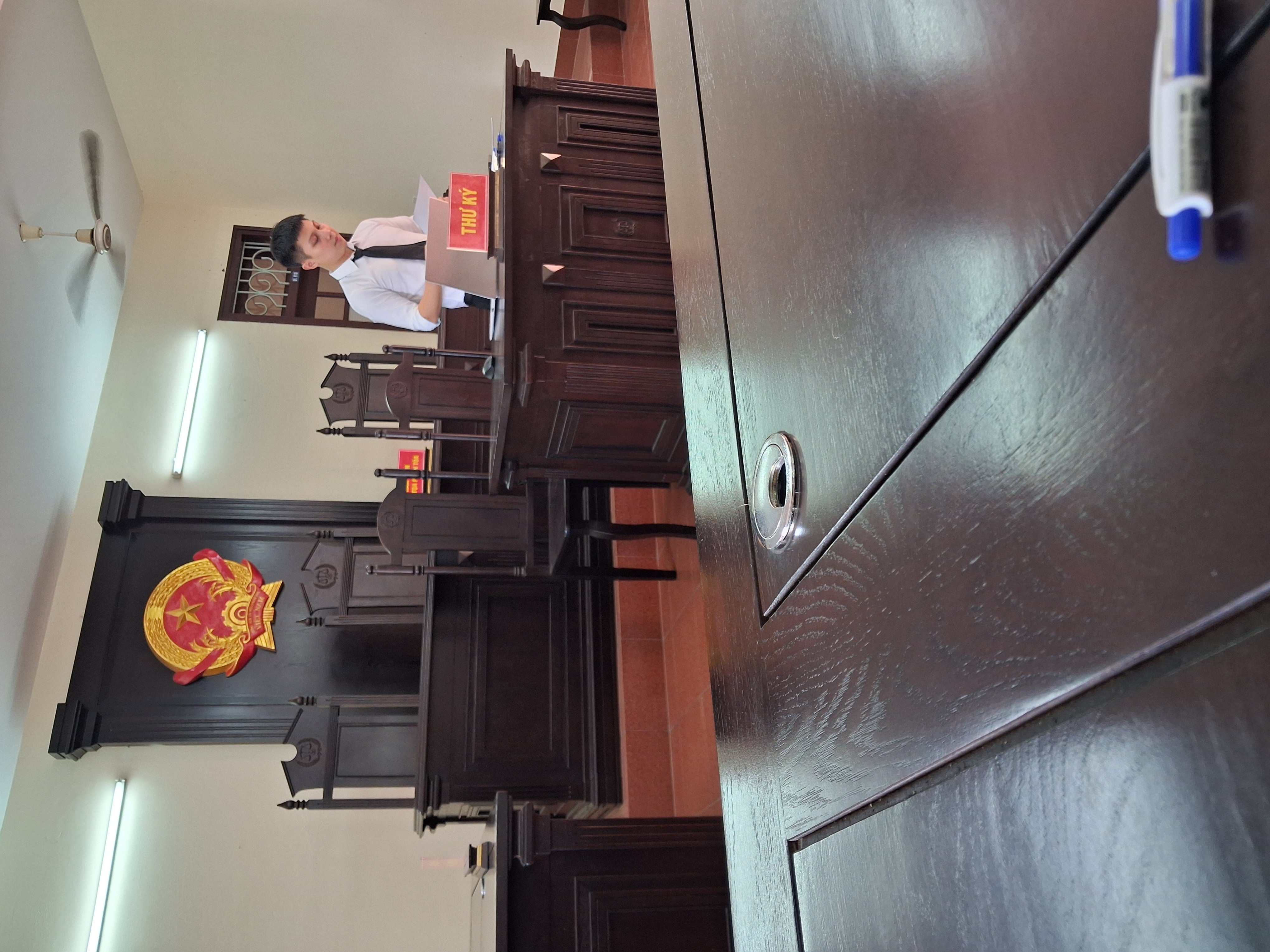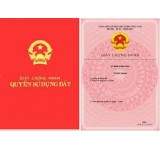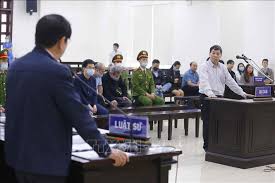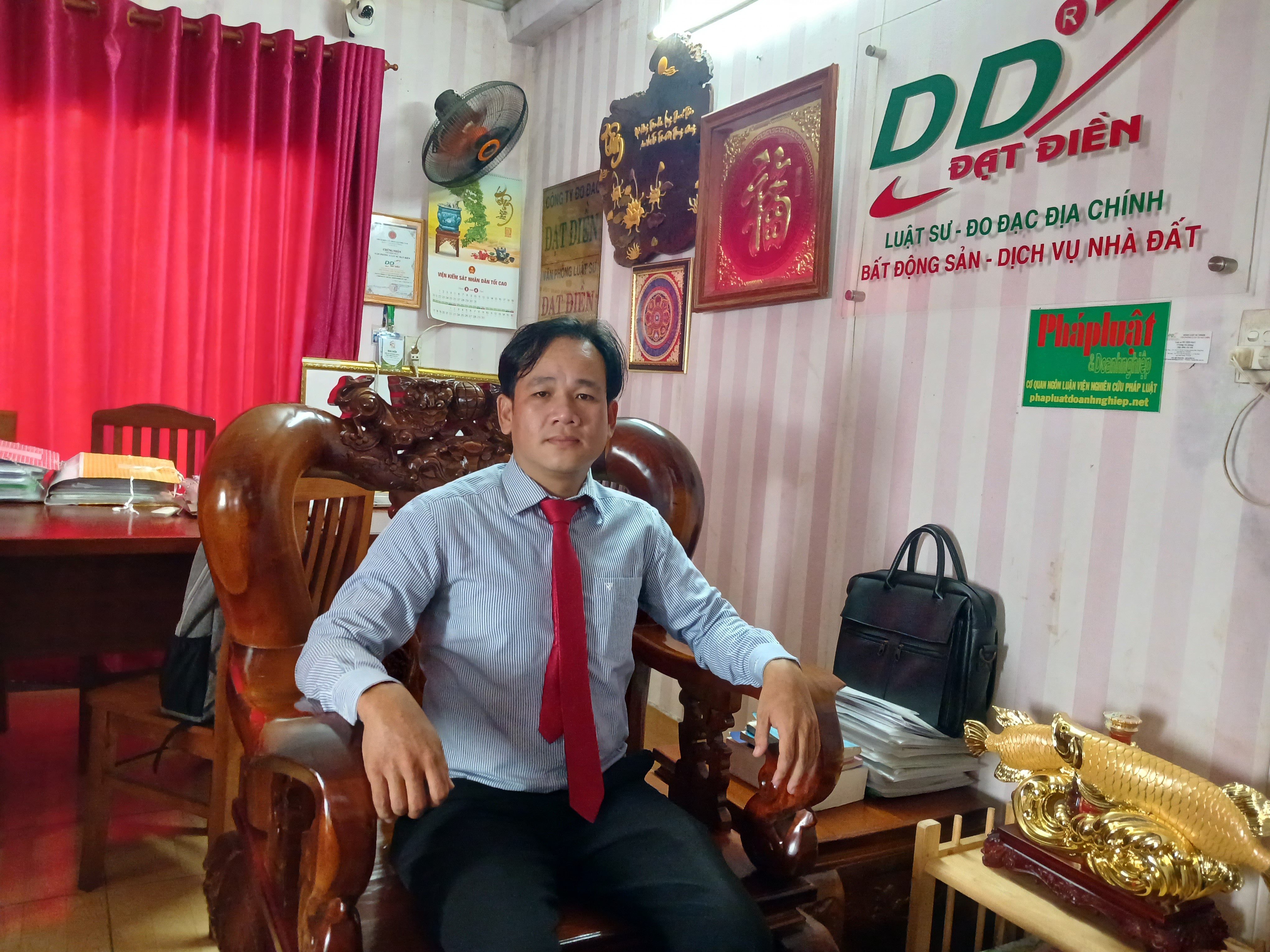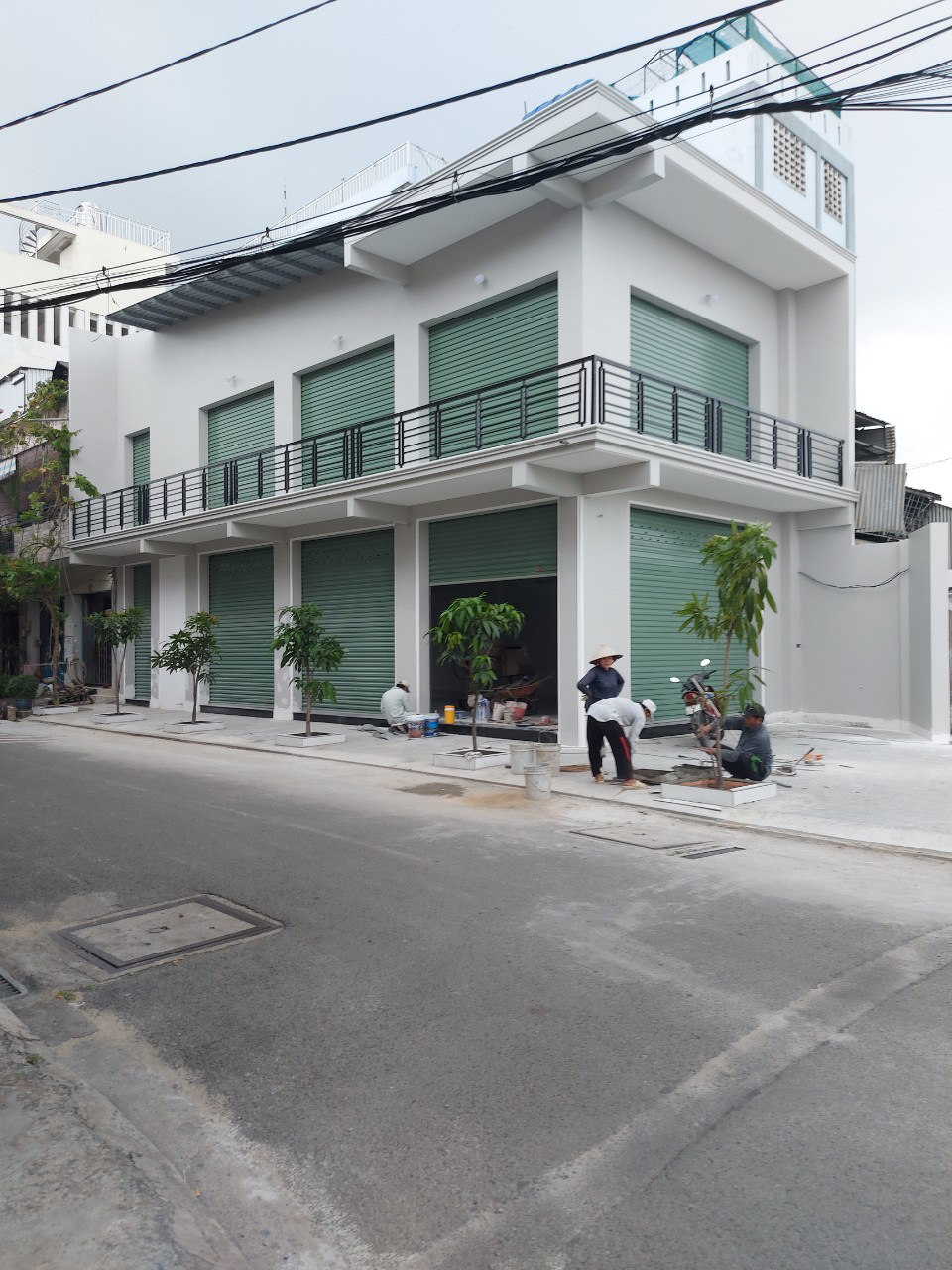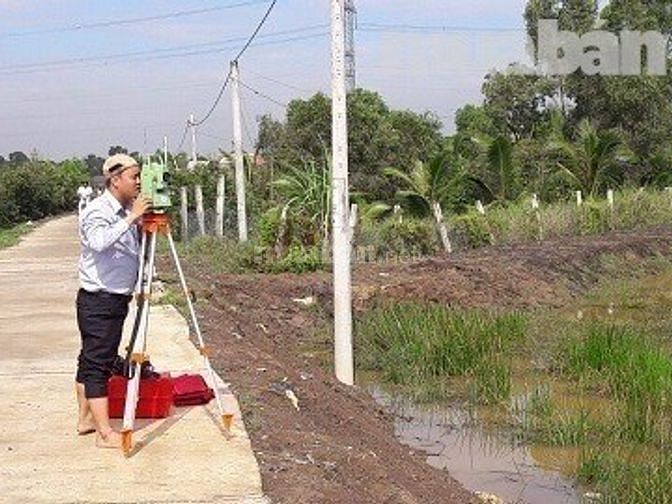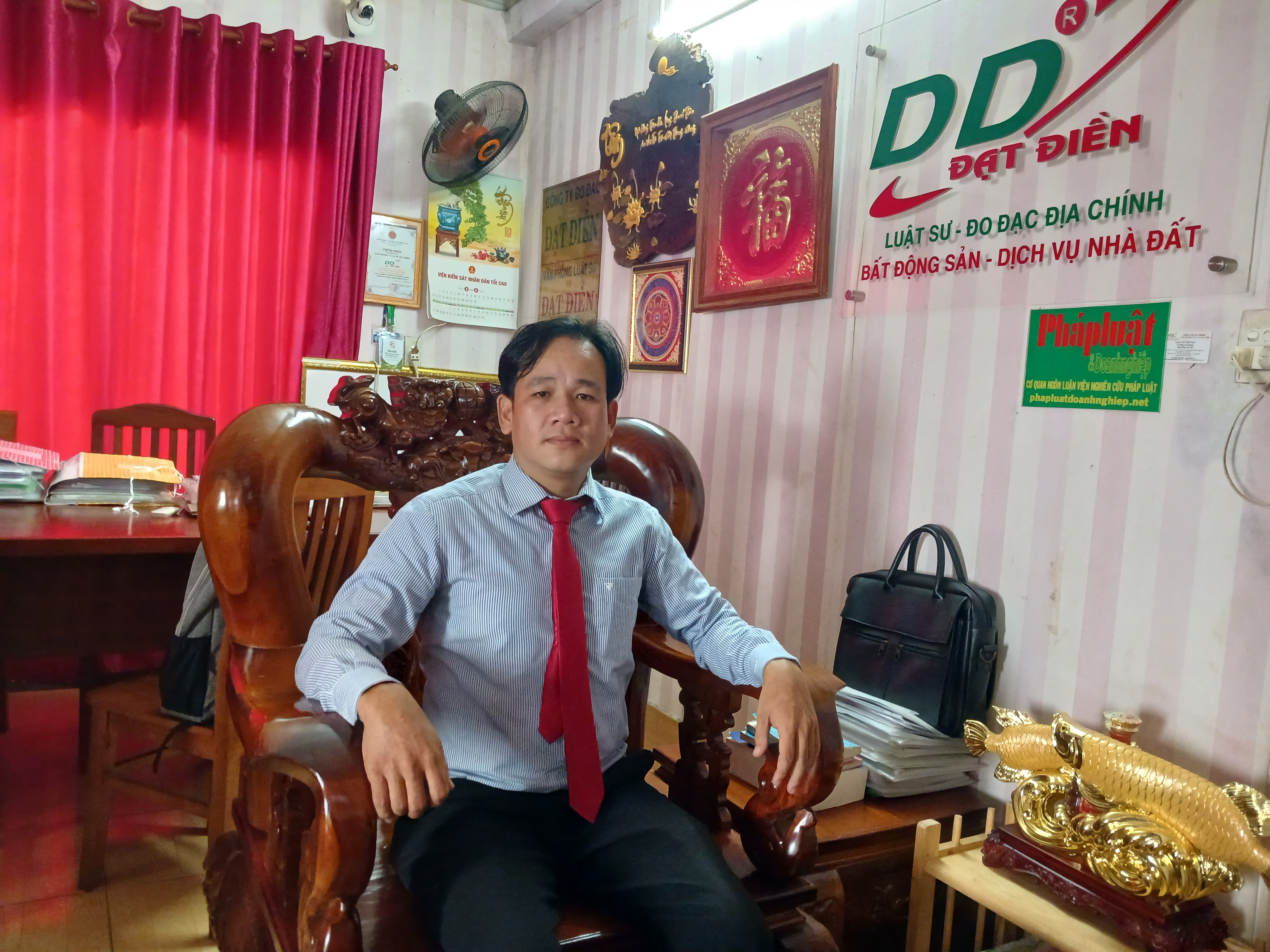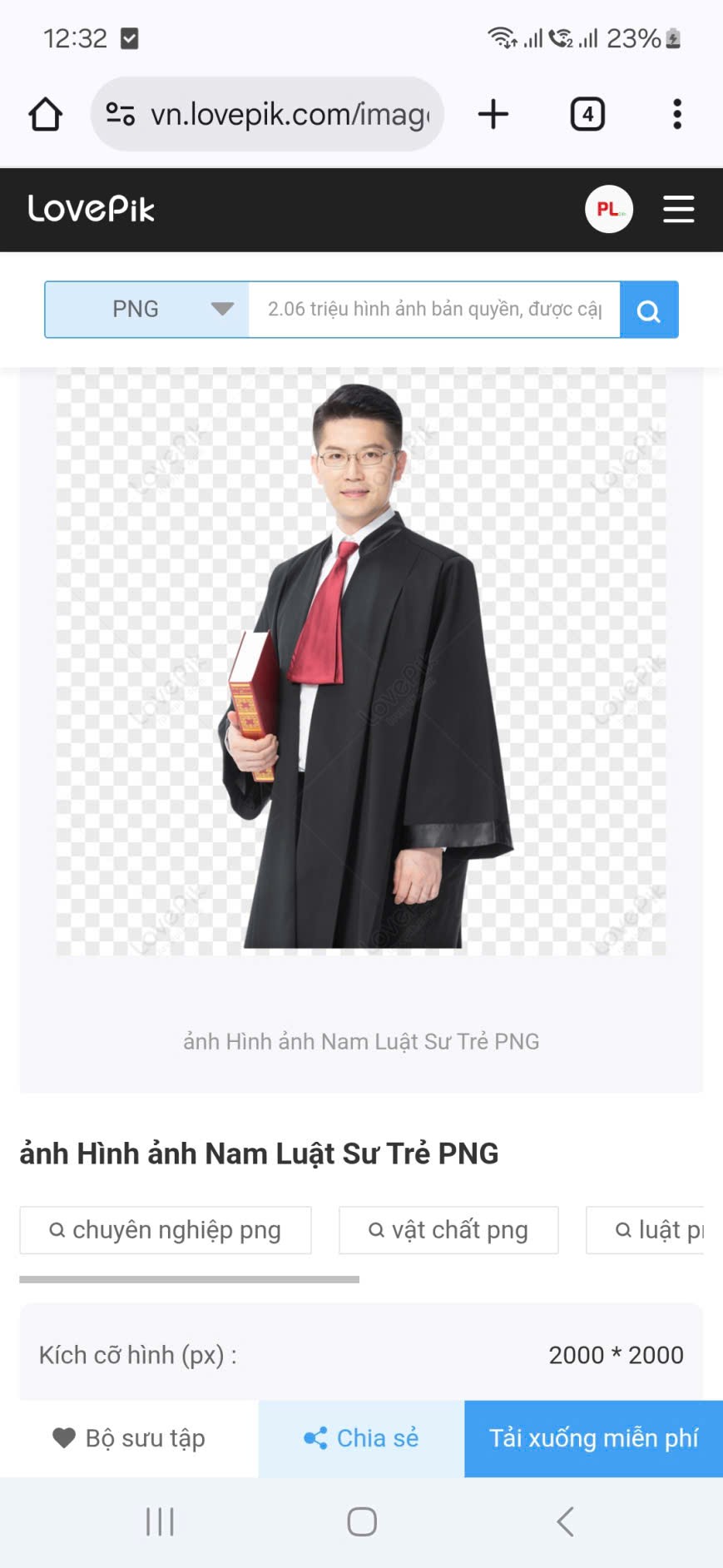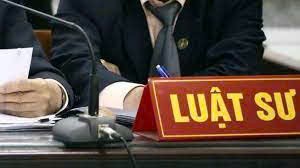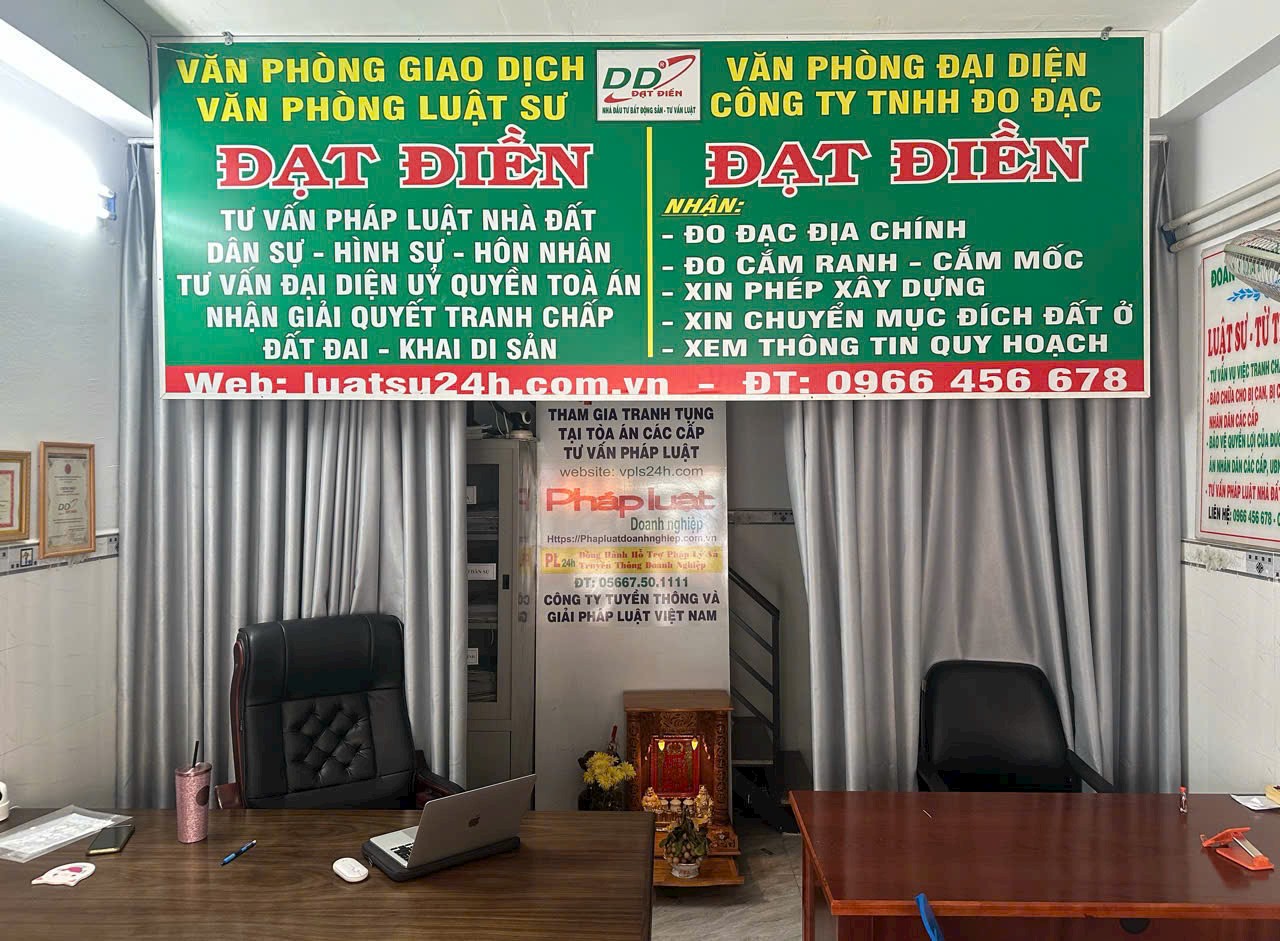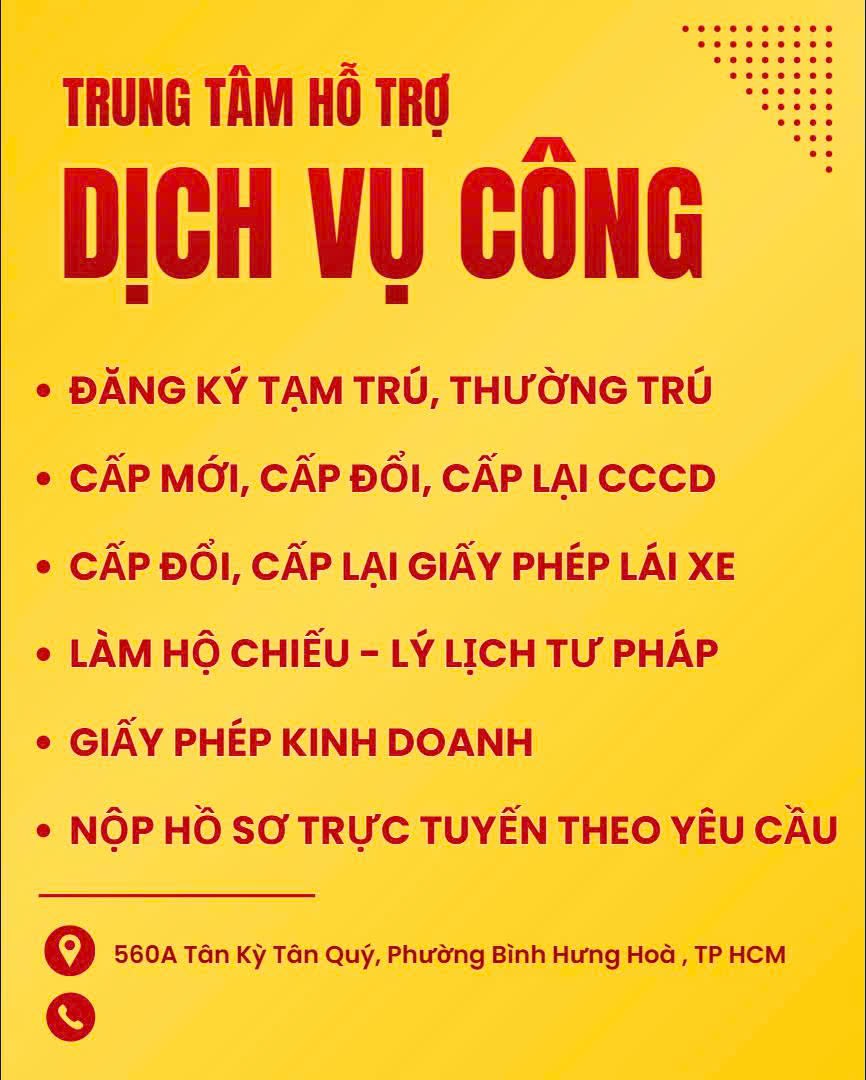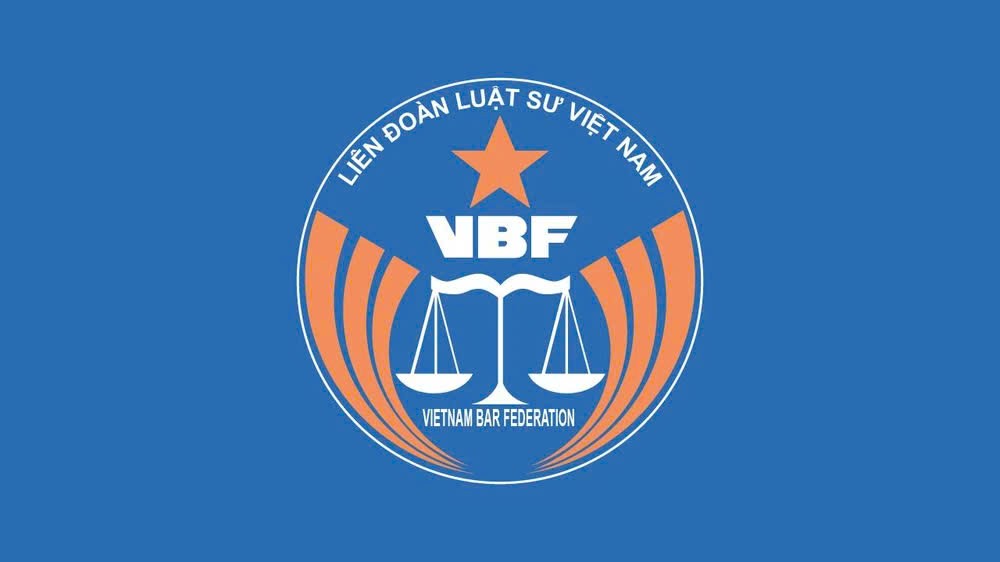ĐIỀU KIỆN MUA NHÀ Ở VIỆT NAM DÀNH CHO NGƯỜI NƯỚC NGOÀI
Việt Nam đang trở thành điểm đến hấp dẫn không chỉ để du lịch mà còn để sinh sống và đầu tư. Với nền kinh tế phát triển, môi trường sống đa dạng và chi phí hợp lý, ngày càng nhiều người nước ngoài quan tâm đến việc mua nhà tại Việt Nam. Tuy nhiên, để sở hữu bất động sản hợp pháp, người nước ngoài cần nắm rõ các quy định về điều kiện, khu vực được phép mua, hồ sơ, thủ tục cấp Giấy chứng nhận quyền sở hữu, cũng như thời hạn và quy trình gia hạn. Bài viết này sẽ cung cấp hướng dẫn chi tiết, giúp người nước ngoài dễ dàng tiếp cận thông tin cần thiết để mua nhà tại Việt Nam một cách hợp pháp và thuận lợi.
1. Đối tượng được sở hữu nhà ở tại Việt Nam
Căn cứ khoản 1 Điều 17 Luật Nhà ở năm 2023, đối tượng là tổ chức, cá nhân nước ngoài được sở hữu nhà ở tại Việt Nam gồm:
- Tổ chức kinh tế có vốn đầu tư nước ngoài đầu tư xây dựng nhà ở theo dự án tại Việt Nam theo quy định của Luật này và quy định khác của pháp luật có liên quan; (đối tượng 1).
- Tổ chức kinh tế có vốn đầu tư nước ngoài, chi nhánh, văn phòng đại diện của doanh nghiệp nước ngoài, quỹ đầu tư nước ngoài và chi nhánh ngân hàng nước ngoài đang hoạt động tại Việt Nam (gọi chung là tổ chức nước ngoài) (đối tượng 2).
- Cá nhân nước ngoài được phép nhập cảnh vào Việt Nam (đối tượng 3).
2. Điều kiện sở hữu nhà ở Việt Nam
Người nước ngoài muốn sở hữu nhà ở tại Việt Nam không được mặc nhiên có quyền mà phải đáp ứng các điều kiện theo Điều 18 Luật Nhà ở 2023:
- Tổ chức kinh tế có vốn đầu tư nước ngoài: Phải là chủ đầu tư dự án xây dựng nhà ở theo quy định pháp luật.
- Tổ chức nước ngoài: Cần có Giấy chứng nhận đầu tư hoặc giấy tờ hợp pháp cho phép hoạt động tại Việt Nam còn hiệu lực khi ký kết giao dịch nhà ở.
- Cá nhân nước ngoài: Không thuộc đối tượng được hưởng quyền ưu đãi, miễn trừ ngoại giao, lãnh sự và có hộ chiếu hoặc giấy tờ pháp lý nhập cảnh hợp lệ tại thời điểm giao dịch.
Giấy tờ chứng minh đủ điều kiện được quy định chi tiết tại Nghị định 95/2024/NĐ-CP, đảm bảo tính hợp pháp trong giao dịch và sở hữu nhà ở tại Việt Nam.
3. Có được mua nhà mặt phố, nhà riêng lẻ không?
Căn cứ khoản 2 Điều 17 Luật Nhà ở 2023, tổ chức, cá nhân nước ngoài được sở hữu nhà ở tại Việt Nam, bao gồm cả căn hộ chung cư và nhà ở riêng lẻ thông qua các hình thức sau đây:
- Đối tượng 1: Được sở hữu nhà ở thông qua việc đầu tư xây dựng dự án nhà ở tại Việt Nam.
- Đối tượng 2, 3: Có thể sở hữu nhà ở bằng cách mua, thuê mua nhà ở thương mại từ chủ đầu tư, nhận tặng cho hoặc thừa kế nhà ở thương mại trong dự án không thuộc khu vực cần bảo đảm quốc phòng, an ninh.
- Đối tượng 2, 3: Được mua, thuê mua nhà ở từ tổ chức, cá nhân nước ngoài đã sở hữu hợp pháp nhà ở tại Việt Nam.
Người nước ngoài vẫn có thể mua nhà ở riêng lẻ nhưng phải nằm trong dự án đầu tư xây dựng nhà ở thương mại, không được mua nhà mặt phố nếu không thuộc dự án này.
* Các đối tượng 1, 2, 3 là các chủ thể được quy định tại Điều 17 Luật này.
4. Thời hạn sở hữu nhà ở tại Việt Nam
* Đối với tổ chức nước ngoài
Đối với tổ chức nước ngoài thì được sở hữu nhà ở theo thỏa thuận trong giao dịch mua bán, thuê mua, tặng cho, nhận thừa kế nhà ở nhưng không quá thời hạn ghi trong giấy chứng nhận đầu tư cấp cho tổ chức đó, bao gồm cả thời gian được gia hạn; thời hạn sở hữu nhà ở được tính từ ngày tổ chức được cấp Giấy chứng nhận và được ghi rõ trong Giấy chứng nhận này (căn cứ điểm d khoản 2 Điều 20 Luật Nhà ở 2023).
* Đối với cá nhân nước ngoài
Đối với cá nhân nước ngoài thì được sở hữu nhà ở theo thỏa thuận trong giao dịch mua bán, thuê mua, tặng cho, nhận thừa kế nhà ở nhưng không quá 50 năm, kể từ ngày được cấp Giấy chứng nhận và được gia hạn một lần với thời hạn không quá 50 năm nếu có nhu cầu; thời hạn sở hữu nhà ở phải được ghi rõ trong Giấy chứng nhận (căn cứ điểm c khoản 2 Điều 20 Luật Nhà ở 2023).
5. Thủ tục mua nhà ở tại Việt Nam
Sau khi đáp ứng đầy đủ điều kiện và đảm bảo nhà ở nằm trong khu vực được phép sở hữu, tổ chức, cá nhân nước ngoài có thể trực tiếp thực hiện hoặc ủy quyền cho người khác tiến hành thủ tục mua nhà theo quy định của pháp luật Việt Nam.
Việc mua nhà tại Việt Nam đối với người nước ngoài tuy có nhiều cơ hội nhưng cũng đi kèm với những quy định pháp lý chặt chẽ. Để đảm bảo quá trình giao dịch hợp pháp và thuận lợi, người mua cần nắm rõ các điều kiện, khu vực được phép sở hữu, hồ sơ, thủ tục cần thiết cũng như thời hạn và quy trình gia hạn quyền sở hữu. Bằng cách tuân thủ đúng quy định pháp luật, người nước ngoài có thể an tâm sở hữu nhà ở tại Việt Nam, góp phần ổn định cuộc sống và đầu tư lâu dài.
CONDITIONS FOR FOREIGNERS TO BUY HOUSES IN VIETNAM
Vietnam has become an attractive destination not only for tourism but also for living and investment. With a growing economy, diverse living environments, and reasonable costs, more and more foreigners are interested in purchasing property in Vietnam. However, to legally own real estate, foreigners must clearly understand the regulations regarding eligibility, permitted areas, required documents, procedures for obtaining ownership certificates, as well as the duration and renewal process. This article provides a detailed guide to help foreigners access the necessary information for legally and conveniently purchasing property in Vietnam.
1. Who can own property in vietnam?
According to Clause 1, Article 17 of the Housing Law 2023, the following foreign organizations and individuals are eligible to own property in Vietnam:
- Foreign-invested economic organizations that invest in housing construction projects in Vietnam as regulated by this law and other relevant legal provisions (Subject 1).
- Foreign-invested economic organizations, branches, representative offices of foreign enterprises, foreign investment funds, and foreign bank branches operating in Vietnam (collectively referred to as foreign organizations) (Subject 2).
- Foreign individuals who are legally permitted to enter Vietnam (Subject 3).
2. Conditions for owning property in Vietnam
Foreigners do not automatically have the right to own property in Vietnam; they must meet the conditions specified in Article 18 of the Housing Law 2023:
- Foreign-invested economic organizations: Must be project developers for housing construction as per legal regulations.
- Foreign organizations: Must have an Investment Certificate or other valid documents authorizing their operation in Vietnam at the time of signing the housing transaction.
- Foreign individuals: Must not be entitled to diplomatic or consular immunity and must hold a valid passport or equivalent legal document permitting entry into Vietnam at the time of the transaction.
The required documents proving eligibility are detailed in Decree 95/2024/NĐ-CP, ensuring legal compliance in property transactions and ownership in Vietnam.
3. Can foreigners buy townhouses or standalone houses?
According to Clause 2, Article 17 of the Housing Law 2023, foreign organizations and individuals can own property in Vietnam, including apartments and standalone houses, through the following methods:
- Subject 1: Can own property through investment in housing construction projects in Vietnam.
- Subject 2 and 3: Can own property by purchasing, leasing, or inheriting commercial housing from project developers, provided the property is not located in areas critical for national defense and security.
- Subject 2 and 3: Can purchase or lease property from foreign organizations or individuals who already legally own housing in Vietnam.
Foreigners can buy standalone houses, but they must be part of commercial housing development projects. They are not allowed to purchase street-front houses unless they are within an approved housing project.
4. Duration of property ownership in Vietnam
* For Foreign Organizations
Foreign organizations can own property based on agreements in purchase, lease, gift, or inheritance transactions. However, the ownership period cannot exceed the duration specified in their Investment Certificate, including any granted extensions. The ownership period starts from the date the organization is issued a Certificate of Ownership, which must clearly state the duration (Point D, Clause 2, Article 20 of the Housing Law 2023).
* For Foreign Individuals
Foreign individuals can own property based on agreements in purchase, lease, gift, or inheritance transactions, but the ownership period cannot exceed 50 years from the date the Ownership Certificate is issued. They are allowed a one-time extension of up to 50 years if needed. The ownership duration must be clearly stated in the Ownership Certificate (Point C, Clause 2, Article 20 of the Housing Law 2023).
5. Procedures for buying a house in Vietnam
Once all conditions are met and the property is in an area where foreign ownership is permitted, foreign organizations and individuals can either complete the purchase process themselves or authorize another party to handle the transaction in accordance with Vietnamese law.
Purchasing property in Vietnam offers many opportunities for foreigners, but it also comes with strict legal regulations. To ensure a smooth and lawful transaction, buyers must fully understand the conditions, eligible areas, required documents, and ownership duration and renewal processes. By complying with legal regulations, foreigners can securely own property in Vietnam, contributing to a stable living environment and long-term investment.

